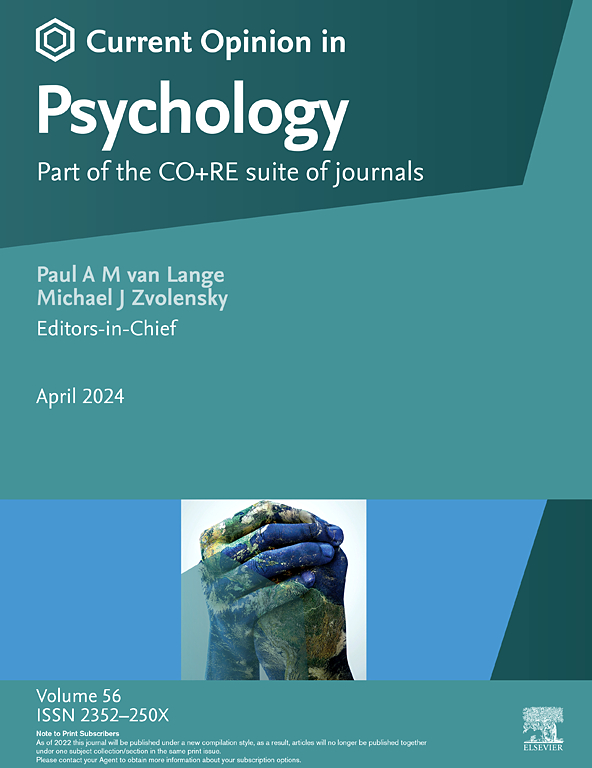AI & collective memory
IF 6.9
2区 心理学
Q1 PSYCHOLOGY, MULTIDISCIPLINARY
引用次数: 0
Abstract
In this review, I show how Generative AI (GAI) utterly transforms how we represent, access, expose and cover, find and lose, sanitise and toxify, use and abuse, and communicate with, the past.
The term ‘collective memory’ has become common parlance for an array of constructive and nefarious uses of the shared past. It is often seen as related to the lifespan of an individual, or a group or generation who lived through or experienced a particular era or event, affording some kind of shared experience that is strengthened by the presence of or connection to others in common. In this way, the collective, as with an individual's memory has its limits, it dies out.
However, particularly since the late twentieth century, the term has acquired a mythical form, with publics, institutions and scholars, imagining in its nature, function and extended duration, for a variety of ends. These imaginaries are often tied to assumptions around the unifying nature of the technologies and media of memory of the day.
I argue here that today's agentic turn by contrast offers no such prospects for collective memory, mythical or otherwise. Rather, Generative and Agentic AI's extracting, remixing and replaying of interactions, shards you and your identities anew, rendering it difficult to imagine a group, experience or event, around which a collective memory could cohere. Instead, individuals and societies are subject to a black box memory of impossible provenance, where human agency in shaping what the past becomes is in retreat.
人工智能与集体记忆
在这篇评论中,我展示了生成人工智能(GAI)如何彻底改变我们如何代表,访问,暴露和掩盖,找到和丢失,消毒和毒害,使用和滥用,以及与过去沟通。
本文章由计算机程序翻译,如有差异,请以英文原文为准。
求助全文
约1分钟内获得全文
求助全文
来源期刊

Current Opinion in Psychology
PSYCHOLOGY, MULTIDISCIPLINARY-
CiteScore
12.10
自引率
3.40%
发文量
293
审稿时长
53 days
期刊介绍:
Current Opinion in Psychology is part of the Current Opinion and Research (CO+RE) suite of journals and is a companion to the primary research, open access journal, Current Research in Ecological and Social Psychology. CO+RE journals leverage the Current Opinion legacy of editorial excellence, high-impact, and global reach to ensure they are a widely-read resource that is integral to scientists' workflows.
Current Opinion in Psychology is divided into themed sections, some of which may be reviewed on an annual basis if appropriate. The amount of space devoted to each section is related to its importance. The topics covered will include:
* Biological psychology
* Clinical psychology
* Cognitive psychology
* Community psychology
* Comparative psychology
* Developmental psychology
* Educational psychology
* Environmental psychology
* Evolutionary psychology
* Health psychology
* Neuropsychology
* Personality psychology
* Social psychology
 求助内容:
求助内容: 应助结果提醒方式:
应助结果提醒方式:


